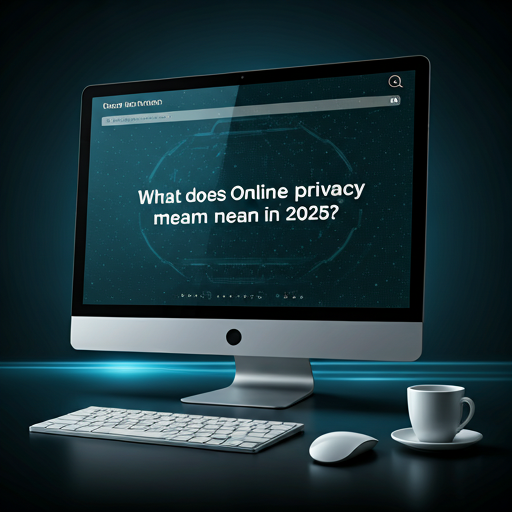Online privacy refers to your right to control what personal information is collected about you online, who can access it, and how it’s used. This includes data such as your name, address, email, browsing history, search queries, and social media activity. Protecting your online privacy is crucial for several reasons. It helps prevent identity theft, where criminals can use your stolen information to open credit accounts, file taxes, or make unauthorized purchases. It also helps protect your reputation by controlling what information is available about you online. Additionally, online privacy helps avoid discrimination based on your online activity and safeguards your freedom of speech, ensuring you can express yourself online without fear of surveillance or censorship.

There are several current privacy threats to be aware of. Data breaches are becoming increasingly common, exposing sensitive information to unauthorized access. Companies track your online activity to build detailed profiles about your interests and behaviors. Governments and law enforcement agencies may monitor your online activity for national security or criminal investigation purposes.
To protect your privacy, consider using essential privacy tools. Virtual Private Networks (VPNs) encrypt your internet connection and mask your IP address, making it more difficult for others to track your online activity. Privacy-focused browsers like Incognito Browser offer enhanced security features and help prevent data collection. Password managers help you create and store strong, unique passwords for all your online accounts.
The future of online privacy is constantly evolving. New technologies like privacy-enhancing computation (PEC) and blockchain are being developed to improve online privacy. AI and ML can be used to enhance privacy protection through techniques like federated learning and differential privacy.
By understanding the importance of online privacy and taking proactive steps to protect your personal information, you can navigate the digital world safely and securely. This includes understanding the importance of tools like privacy browsers, which offer features like anti-tracking, data encryption, and private browsing modes to address the concerns raised in this article. By using a privacy browser like Incognito Browser, you can take control of your online privacy and protect your personal information from unauthorized access and misuse.



